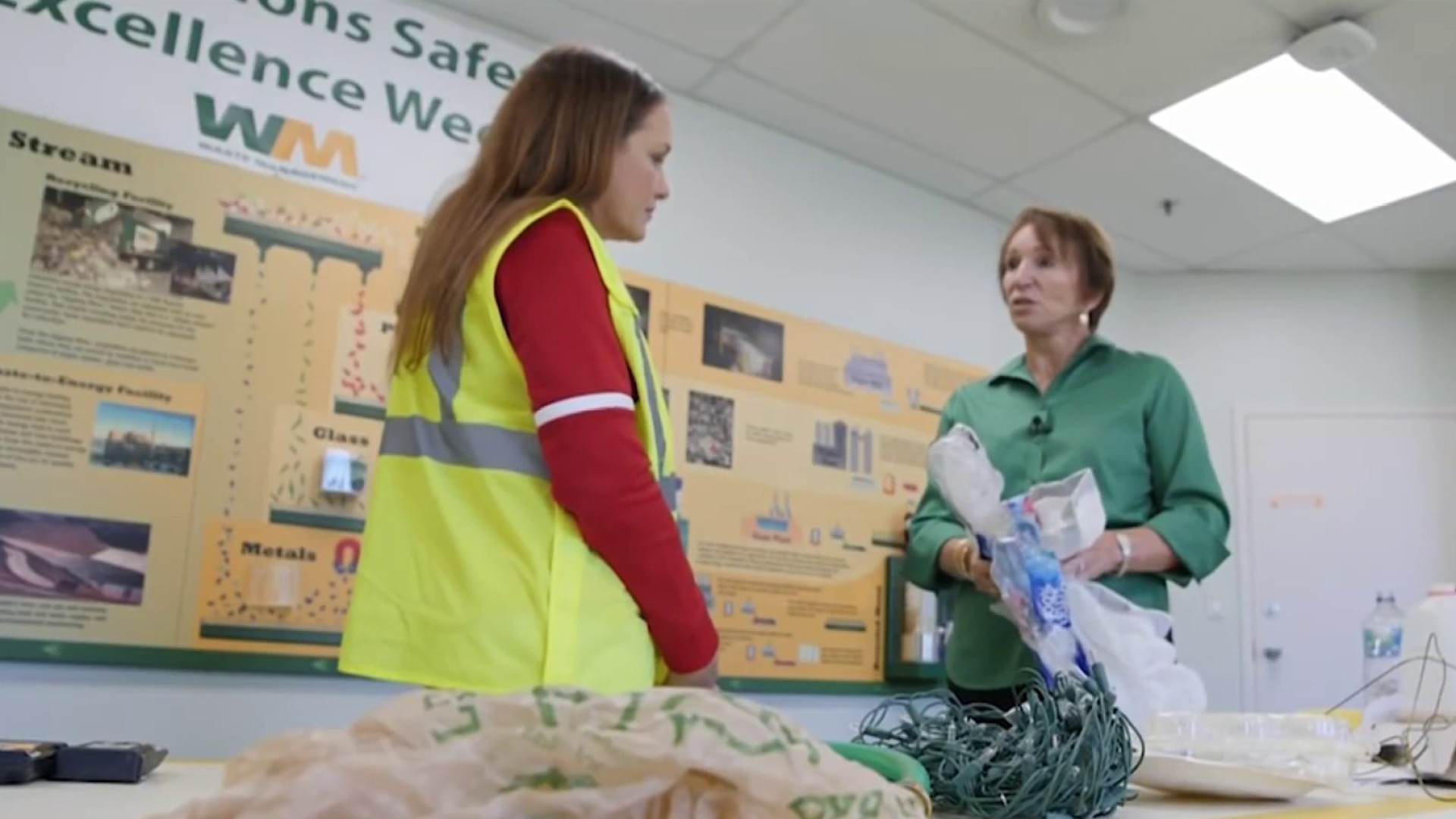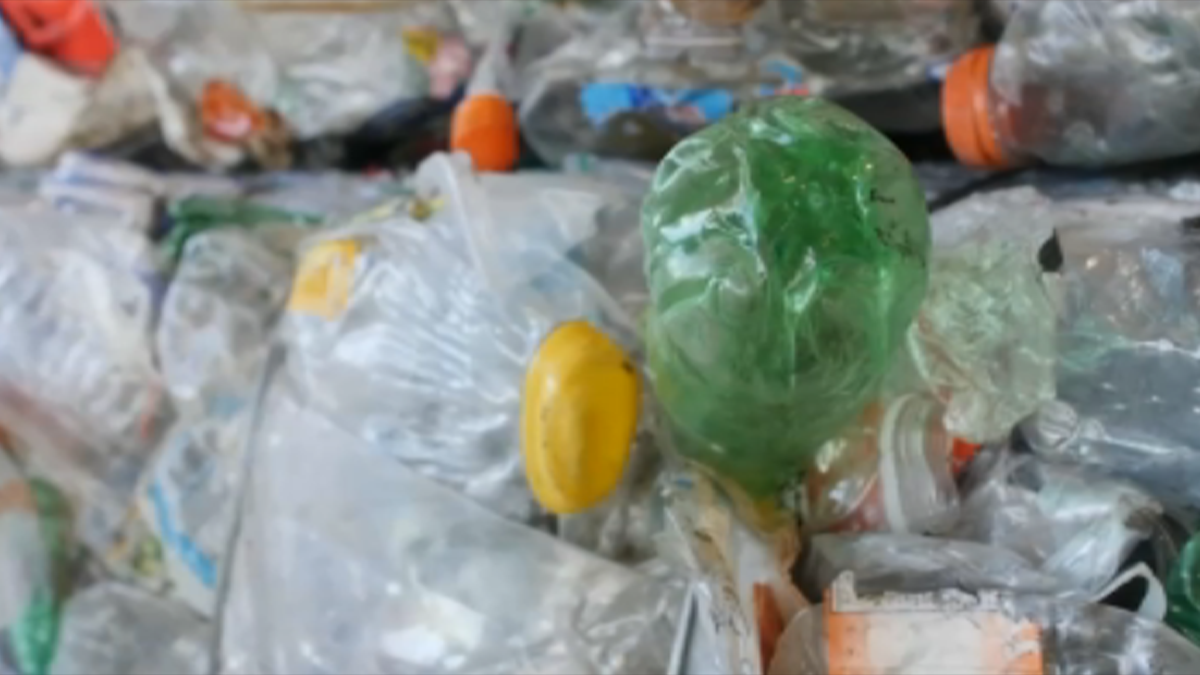For Farides Garcia, a Coral Gables resident, recycling is a daily routine.
"We have our bin really close to our dining room door. So as soon as we finish something in the kitchen, we can just dump it in," Garcia said.
She says she is diligent about following the city's recycling guidelines.
"I try to pay attention to what should be in there or what not. And you know what not to throw in the bin if it's dirty," Garcia said.
Get South Florida local news, weather forecasts and entertainment stories to your inbox. Sign up for NBC South Florida newsletters.
Hermes Diaz is the Director of Public Works in Coral Gables. He says that most residents are recycling right.
"They're very knowledgeable, they're very engaged," Diaz said.
Rethinking Recycling
He says the city’s recycling contamination rate is about 8%. In some communities, that number is five times higher - making recycling more expensive and challenging.
Unique to Coral Gables, the city offers backdoor service for garbage and recycling pickup.
"If something doesn't belong, what they do is take it out and they actually tag the resident," said Sharoon Grayson, the Assistant Director of Solid Waste.
This service is part of the annual solid waste fee of $938, which includes garbage, bulk trash, and recycling pickup. The city didn’t provide a breakdown of the cost of each item. But it says the approach is paying off.
Palm Beach County uses a dual-stream service. Residents have two bins: a yellow one for paper products and a blue one for containers. "We never went to a single stream, so our contamination rate has always been low," hovering between 8 to 9% according to Willie Puz from the county’s Solid Waste Authority.
The county also receives recycling credits for materials like construction debris, and waste to energy contributing to its overall recycling rate of 80% - the highest in the state.
Miami-Dade Mayor Daniella Levine Cava says they are looking at communities like Coral Gables and Palm Beach County.
"Absolutely. We're always looking and doing our best to copy best practices," Levine Cava said. "We have been successful with our education efforts going from about 50% contamination to 40% contamination. But that's not good enough.”
The county’s efforts include hiring new staff, collaborating with cities, and enhancing resident education through labels on recycling bins and new carts.
For residents in Coral Gables, Miami-Dade, and Palm Beach County, the message is clear: when in doubt, leave it out.
Residents are encouraged to visit their city or county’s official website for accurate recycling information and guidelines.



